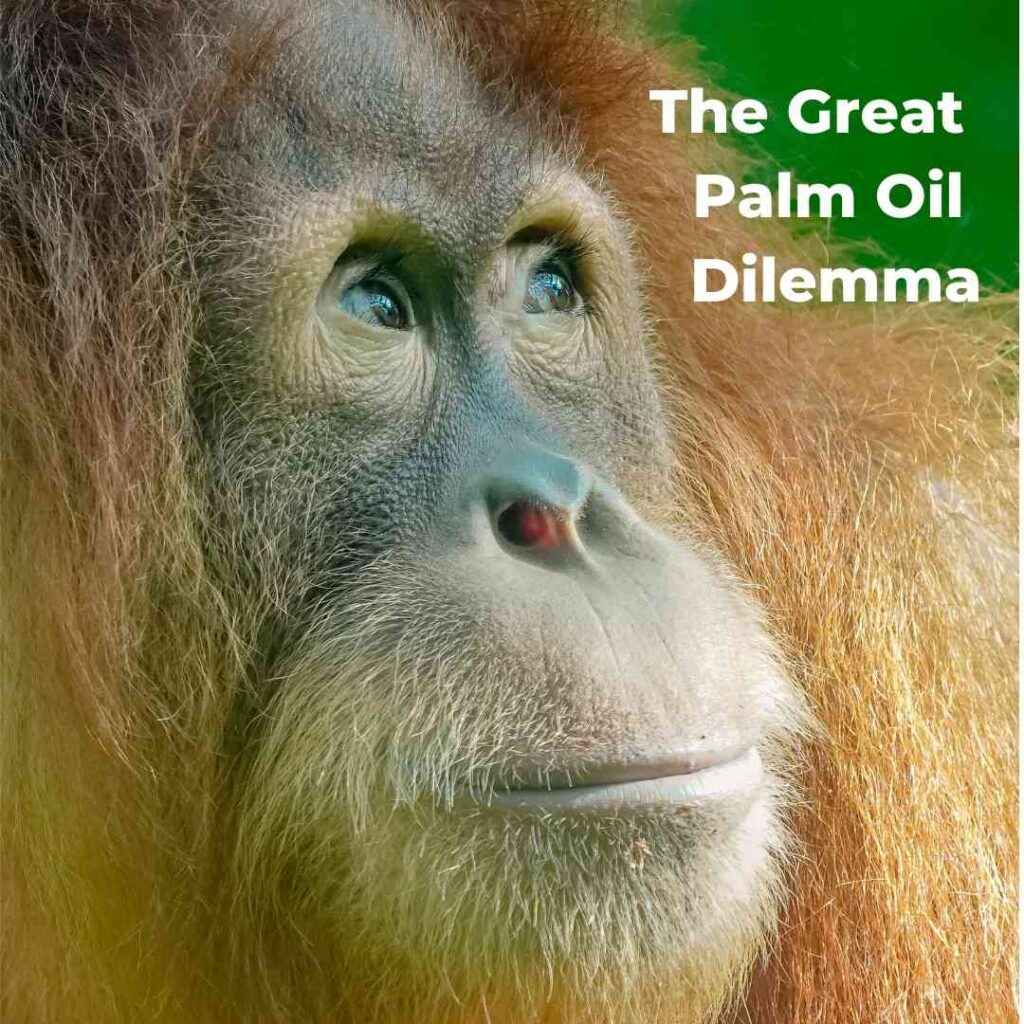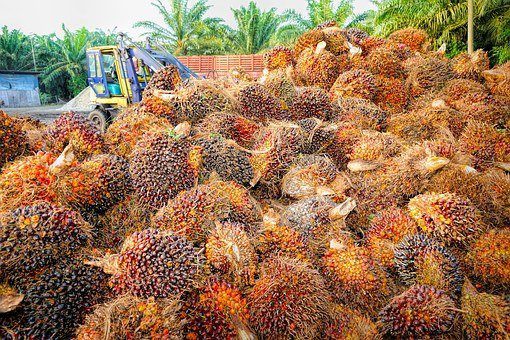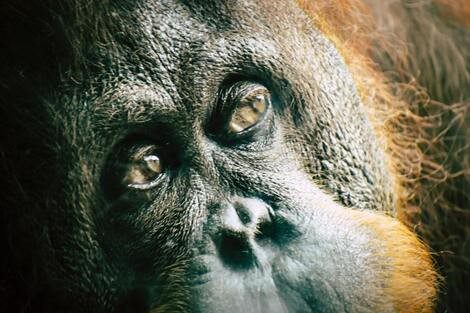
The Great Palm Oil Dilemma
Indonesia and Malaysia were once some of the most abundantly diverse forested countries. Due to palm oil production, they are now two of the most badly deforested countries. Indonesia lost approximately 289 000 acres of indigenous forest EVERY YEAR between 1995 and 2015. The native animals, including Orangutans, Pygmy Elephants and Sumatran Rhino, are rapidly losing their habitat and have become endangered. There are now less than 1500 Pygmy elephants left in Malaysia.

The palm oil sector is notorious for its exploitation of local workers and its use of child labour. Therefore, the local people of Indonesia and Malaysia have become very poor while the mega-companies selling palm oil get rich off of their hard work. Big companies are said to be illegally taking land from locals to expand their palm oil plantations.

Palm Oil is, unfortunately, almost irreplaceably useful to the food industry due to its stability at high temperatures and its long shelf life. Switching to alternative vegetable oils would require much more land as palm oil yields by far the most oil per hectare of land used. Many people now rely on the palm oil industry as their only source of income and this would make a push to totally boycott palm oil, worldwide, an incomplete solution.
The World Wildlife Fund has been working hard to combat this destructive industry, negotiating with large corporations and working with local people to come up with the best solutions for all. The WWF seemed to have successfully convinced more than 100 hugely destructive companies to change their ways, become accountable and switch to RSPO (Roundtable of Sustainable Palm Oil) certified palm oil in their supply chain by 2020. Unfortunately, many of these companies do not appear to be meeting their commitments as the year draws to a close.
The RSPO’s aims are to ‘limit environmental destruction and human rights abuse’ – which, in itself, is inadequate and companies are even failing to meet these standards. There is an oversupply of sustainable palm oil that companies are not buying.
There is clearly not enough pressure on mega-companies to take environmental and human rights issues seriously. As consumers who care about the protection of the Earth, animals and exploited humans – it is up to us to increase the pressure on irresponsible companies and even on organizations like WWF to raise their standards when it comes to the destruction of the natural world.

Let us not allow companies to hide their failures beneath a global pandemic. The time for change is now.

https://www.worldwildlife.org/species/bornean-elephant
https://palmoilscorecard.panda.org/analysis
https://www.huffpost.com/entry/palm-oil-deforestation-environment_n_5ec389f9c5b682cbd709616d
https://www.wwf.org.uk/updates/8-things-know-about-palm-oil




